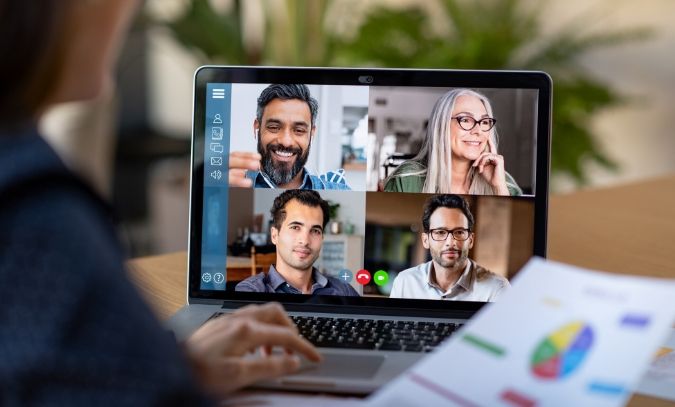Greening the Students' Mindset: Circular Economy for a Sustainable FutureTools and strategies for integrating green skills into VET curriculum.
Erasmus+ course summary
This course offers a comprehensive exploration of Circular Economy concepts, blending theoretical knowledge with practical application. It aims to provide participants with a robust understanding of Circular Economy principles, including the necessary skills for their practical implementation and an appreciation for the societal and ethical implications of sustainable practices. Key learning points: Circular vs. linear, circular design principles, sustainable business models, product as service (servitisation), Life cycle assessment LCA, innovations in green/circular economy, future trends. "Sustainability is no longer about doing less harm. It is about doing more good." – Jochen Zeitz
Session dates
Ljubljana, SI26 - 31 August 2024
4 - 9 November 2024 |
FeaturesRelated |
Course Content
PROGRAMME DAY-BY-DAY
Training usually takes place between 9:00 am and 14:00 pm, followed by after-class activities, that are optional.
DAY 1: Green Mindset We start off with an introductory meeting, an explanation of practical arrangements and a presentation of the participants and timetable. The participants are encouraged to express their expectations, needs and wishes regarding the content of the programme and learning methods. * Introduction to the Circular Economy: Definition and core concepts, historical context and evolution, importance for sustainability and environmental stewardship. The Linear vs. Circular Economy: Linear economy overview, transitioning to the circular economy, benefits and advantages. Circular Design Principles: Designing for circular systems, material efficiency and recycling, applying circular design through a practical workshop. DAY 2: Sustainable Business Models Circular Business Models: Overview of circular business models, product-as-a-service and sharing economy, remanufacturing and closed-loop systems, designing circular business models through a practical workshop. Circular Supply Chains and Materials Management: Sustainable sourcing and material, waste reduction and resource optimization, recycling and upcycling practices, case studies and best practices. DAY 3: Field work Circular economy in practice: company visit, real-world examples and case studies, group discussions and analyses. DAY 4: Innovation in Circular Economy Innovation in the circular economy: Eco-design and sustainable product development, biomimicry and nature-inspired design. Circular Economy Policy and European Green Deal: International and national policies, incentives and programmes for circular businesses, navigating circular regulations through a practical workshop. Guest speaker and discussion. DAY 5: Social, Political, and Ethical Dimensions Transition and social equity: Ethical considerations and responsible consumption, green deal. Future Trends and Challenges: Emerging trends in the circular economy, ongoing challenges and opportunities. DAY 6 Evaluation and farewell. Documentation and certificates of attendance. * Some changes in the programme are possible - the content of the course is always adapted to the participants previous knowledge, expectations and requirements. The participants receive the Informational Booklet a few weeks prior to the start of the course. |
ERASMUS+ COURSES BY PRIMERA
Embrace a greener future by leading students to circular actions today.
INTERNATIONAL ERASMUS+ LEARNING WITH PRIMERA
Become a member of Primera's international learning community.
Your network is a family you choose. |





